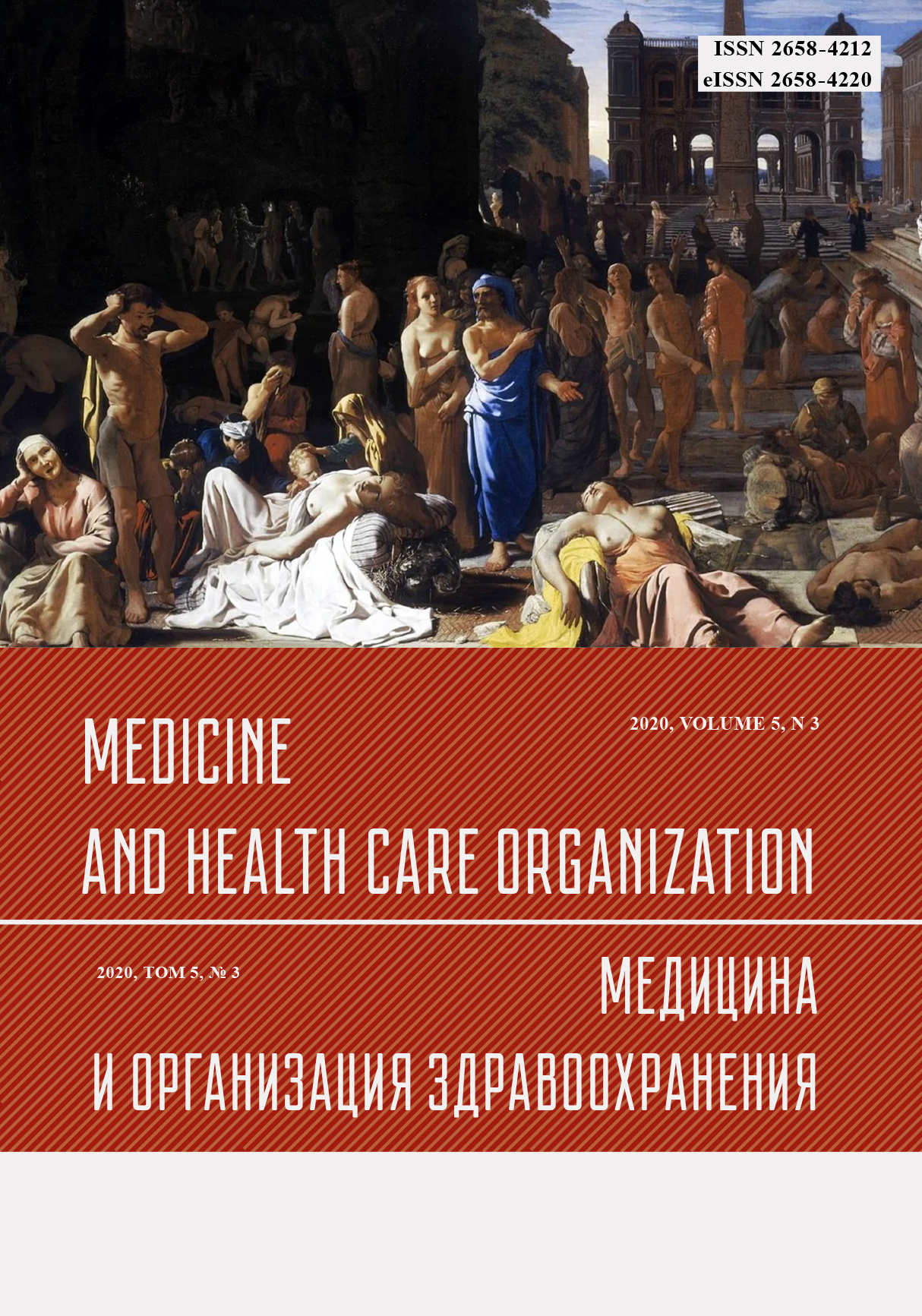BIOETHICAL STANDARDS - INTERNATIONALLY BINDING?
Abstract
In times of globalization and the advancing technological development in life sciences and medicine, there is a constant demand to set internationally binding bioethical standards. Focusing on specific ethical questions, it quickly becomes clear how difficult it is to determine such a minimal ethical consensus. However, a basic understanding of ethical dilemmas can be found in Europe’s common cultural roots that go back to ancient times. The Hippocratic Oath should be mentioned here, which marks the start of ethical codification and is a central point of reference for ethically reflected actions. Reflecting the oath, one sees fundamental principles, which can still provide an orientation for ethics in modern life sciences and medicine. The complexity of the modern bioethical conflicts makes it virtually impossible to provide a single, common and straightforward resolution to them. Each society at different point in time has various ethical guidelines that arise from its specific cultural, historical, social and political contexts. Contemporary bioethical conflicts are numerous and modern in their manifestation but not all of them are new. Rather, the discussion in bioethics on these dilemmas is bound to contexts and has ancient roots, which go back to Antiquity. Discussions on stem cells, euthanasia or abortion are hardly conceivable without historical contextualization. It is hard to imagine a fundamental analysis of ethical principles without inclusion of historical, theological, philosophical, medical, artistic, social and economic contexts. Ethics in general and bioethics in particular can only function in a context rich environment.



